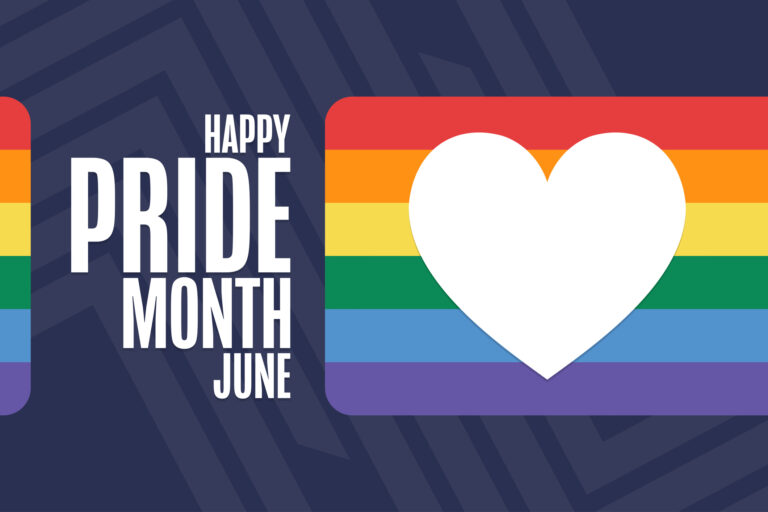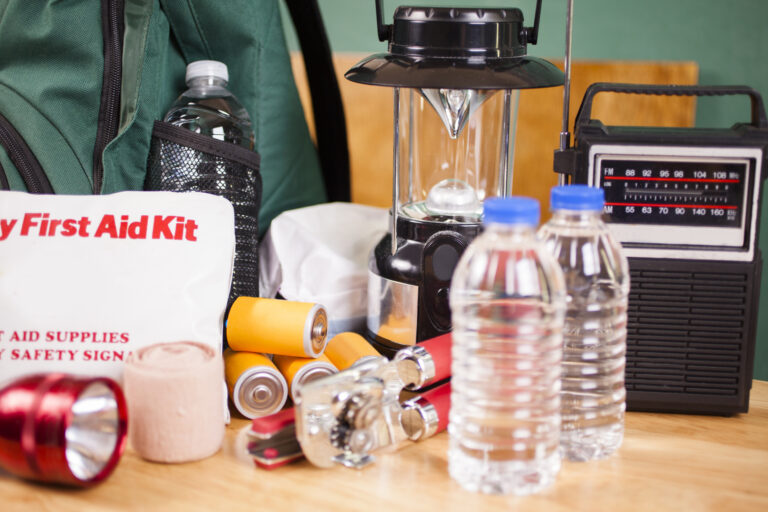Work-life balance is not a true form of balance, but a fluid description of your own mental well-being and level of professional and personal success. Your level of work-life balance, often better referred to as work-life integration, will vary every day, so future-planning is the mindset that is essential to getting it right. Are you ready to commit to making some changes?
First, consider how much time you spend working at home and multitasking at work. It is widely accepted among psychologists, students, and businesspeople that multitasking is much less effective than keeping your mind goal-oriented, focused, and undistracted. To keep yourself on a straight course, set timers for checking your email throughout the day instead of checking it dozens of times and distracting yourself from actual work. Unplug from email after 5 PM or when you go home. Pavlov-train your coworkers or staff in letting you go when the workday is over by giving them advance notice of your schedule, then stop responding to non-emergency work-related emails. Your coworkers will get used to the shift after a few days, and work will stay at work.
Are you frantically thinking that this is unrealistic? You have to reply to emails at 10 PM and you have to say yes to every business trip, professional event, and networking lunch that you are invited to? Give yourself permission to say no, because often, the time that you spend “catching up” on projects robs you of feeling refreshed and ready to go the next day. Worse yet, it keeps you from your goals, like spending more time with your family, finding mental peace, or taking on new hobbies. These dreams are no less important than your career.
If you do it right, finding better work-life balance does not mean becoming unambitious. It means that you are learning to work smarter in order to find fulfillment in both arenas every single day.
How to work smarter
- Don’t come home without a plan. It can be tempting to kick off your shoes and plant yourself in front of a screen until bed but schedule your relaxation instead. Instead of falling asleep brain-dead amidst your take-home work, plan a date, a massage, a trip to the gym, or an adventure under relatively strict hours, at least a few times per week. The anticipation and fulfillment of a fun goal will leave you feeling great before and after the event.
- Both at home and work, remember Parkinson’s Law, the adage that “work expands so as to fill the time available for its completion.” In other words, if you give yourself three hours to write a project proposal, it will take three hours to do, as you stretch out the “extra time,” even though you are capable of writing it in just 30 minutes.
- Wake up one hour earlier in the morning instead of staying one hour later at work, and don’t waste the morning. Take a few moments to review your plan for the day. You will feel ahead of the world, and the quiet hours of the early morning are peaceful and inspiring.
- The consequences of continuous full-time work are poorer performance. Rest is crucial to inspiration, energy, and joy, so take that vacation and don’t feel bad about using vacation days. The whole point is to refresh your body and mind, and maybe even see a new city or country. Unplug completely from work, and do not give in to the urge to check your email or pull out a phone every 10 minutes. While there is a case to be made for the modern ease of skyping into a conference call from your hotel room, that work-persona will be stuck with you for the rest of your trip, which you are not maximizing to its full potential. If you are working on vacation, you are not getting refreshed. Cases of death, emergency, and illness are not the only time you are allowed to go off the grid. The same applies to your weekends.
- Try using one of the many apps that help you plan your day and analyze your work habits – some even count how many times you check your email or how often you open social media. Speaking of which, block all social media from your work computer and phone, unless you get paid to run professional accounts. Find ways to be more efficient at work, and you will take less guilty-work home. If errands are often on your mind at work, consider delegating them to a part-time assistant; there are plenty of cheap services and apps for laundry, cooking, cleaning, shopping, printing, getting gas, reminding you of appointments, and more. There are also apps to help you remember to stop and breathe, forge deeper relationships, monitor your mood, and even be more creative.
- Pay attention to your body. It could be telling you that you are overworking yourself, not getting the right nutrients, or not drinking enough water, so get regular check-ups. Symptoms of stress include headaches, fatigue, irritability, difficulty sleeping, or pain in your back, shoulders, neck, head, jaw, hips, or digestive system. According to the American Psychological Association, chronic stress is linked to all six leading causes of death: heart disease, cancer, lung ailments, accidents, cirrhosis of the liver, and suicide. It can also lead to depression and other mental illnesses.
- Try mindfulness meditation. You have probably heard of it’s scientifically proven, stress-killing benefits. Mindfulness helps you enjoy the small moments of life instead of multitasking and plowing through a forgettable day. You can train yourself to focus longer and realize new ways to work with tasks that give you a sense of joy and flow. Mindfulness begins with cleaning out the closet that is the back of your mind. The next time you are working while thinking of 10 other things, step on the brakes. Pay attention to what is in front of you and within you. What are you feeling under all the noise? How does your environment look right now? What do objects feel like in your hands? As you focus on breathing, your heart rate will lower and you will have more control over your day. You will notice new details and get in touch with your body, which is busy with a million quiet, unconscious regulatory functions. You can also try guided meditation techniques, such as imagining positive scenarios or saying affirmations for yourself and others such as “may I be healthy, happy, and successful.”
Need more time management tips? Find advice from The Muse readers, read quotes by Steve Jobs or buy a good book on the topic.





























